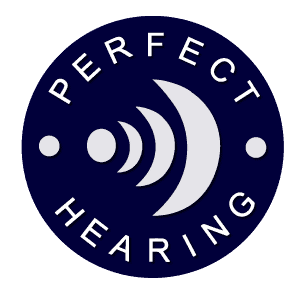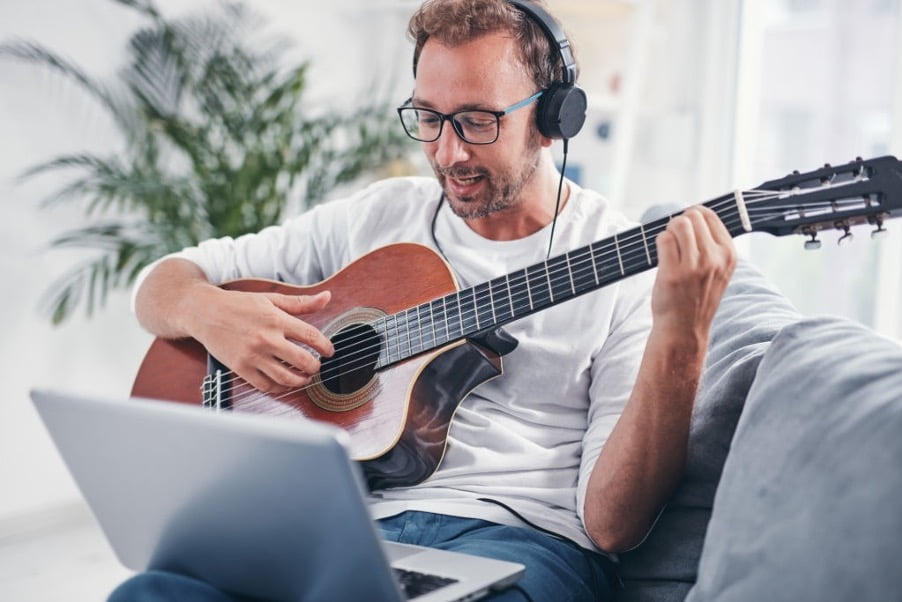From shows at bars to performances at music concerts and festivals, loud music is fun and exhilarating! Musicians hear loud music almost every single day. They hear loud music both when they are practising and when they are playing shows.
As a musician, you should know how important it is for you to protect your hearing. After all, your hearing is an essential factor in your job or hobby.
If you do not take the right precautions, you might end up harming yourself and impacting your future performances. Music is not an issue when it comes to damaging your ears. The main culprits are loudness and duration.
Musicians tend to hear music more loudly than others due to their proximity to it, and they also listen to it for more extended periods because they are exposed to it more often.
Below are five tips to protect your hearing.
1. Be Informed
Active steps in learning how loud music could impact your hearing is the first thing a musician needs to know. Loud music causes severe damage to the tiny hairs in your ear.
When cells like this are damaged, they do not regenerate, and it leads to hearing loss. If you are uncertain if the level of your hearing is worse than it was, then it is well worth seeing an audiologist as they can test your hearing and also recommend further steps you can take to protect your health overall.
Sometimes there is no reason for hearing loss, but if you make yourself aware and make an effort to be informed, then you will soon find that it is easier than ever for you to safeguard your health for the future.
2. Be Aware
Another thing that you need is to be aware of how loud your music is for your ears. There are two easy indicators here; one of them is to try and talk to someone who is in the same room as you.
If you need to raise your voice for them to hear you, then your music is too loud. If you have difficulties in hearing someone who is three feet away from you, then this would also be an indicator that your music is too loud.
Sometimes, there will be situations when you can’t turn the music down like when you’re playing a live concert. You need to know that one session of loud music will not damage your hearing, but if you do it regularly, then it most certainly will.
The solution is to play quietly when you can while also making an effort to pay attention to the volume and how loud it is whenever you are not live on stage.
3. Stand to The Side
If you play live to an audience, then there is a high probability that you will have a large speaker system. If you stand in front of the system, the sound will be much louder compared to if you are to stand at the side.
One way for you to try and protect your hearing is to step or move to the side of the speaker when you are playing at loud volumes. This will help stop your ears from being excessively exposed to loud music, and it will also enable you to know how loud you are playing.
4. Wear Ear Protection
There is a need to wear hearing protection more often while performing. Wearing earplugs is a great way to help yourself because it will block the sound from irritating the hairs inside your ears without compromising the sound too much.
There are special earplugs out there that are designed for musicians, so you will not be missing out on sound quality. This is also useful if you play a percussion instrument like the drums.
5. Take Breaks
You must monitor how loud and how long you are playing. If you are in a band, it is understandable that you need to practice your songs and take to the stage from time to time.
As a musician, it may be hard to avoid things like this entirely and for this reason, you must ensure that you take regular breaks. If you do not, then you are at risk of hearing loss.
If you have ignored the health of your hearing for too long, visit an ENT doctor or an audiologist for a hearing test in Malaysia. And if there’s a loss in your hearing level, he may recommend a treatment plan to correct this.
If the condition seems to be worse, your audiologist may recommend a hearing aid. For more questions, please feel free to get in touch with our specialists.



